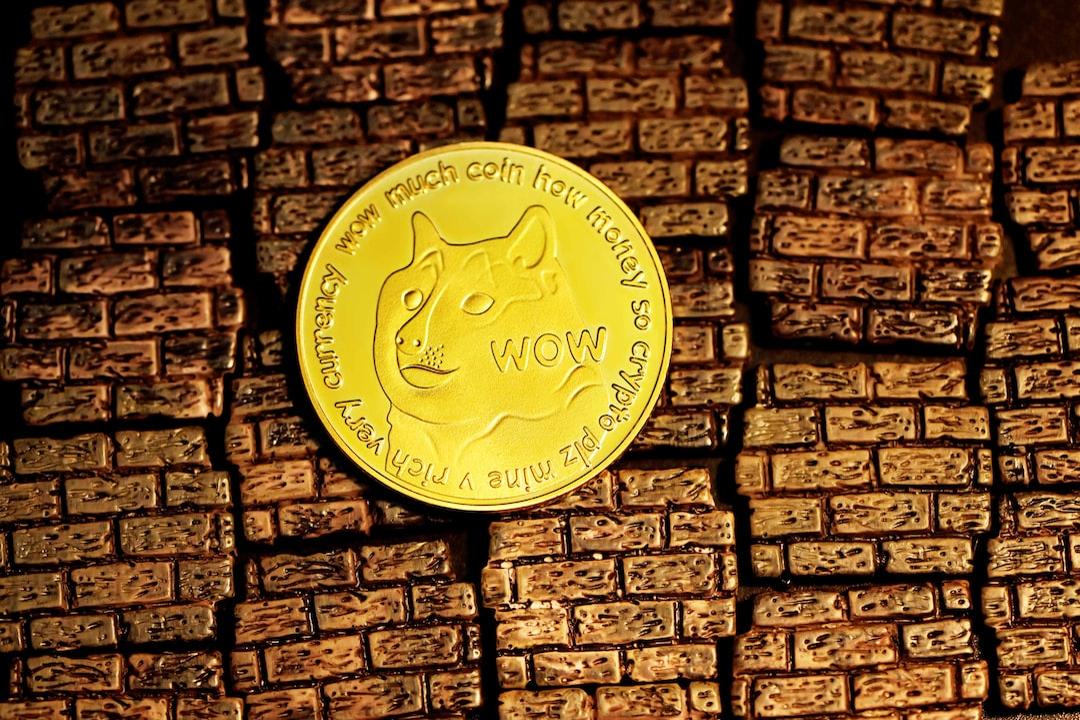Concerns about intellectual property (IP) infringement have led major game development companies, such as Nintendo, to avoid incorporating generative artificial intelligence (AI) tools in their game creation processes. Although generative AI has demonstrated its creative capabilities recently, its commercial application is heavily reliant on the data sets used for training the AI models. Consequently, Nintendo, the Japanese video game giant, has opted not to integrate generative AI into their future games.
During a shareholders’ meeting, Nintendo President Shuntaro Furukawa expressed his hesitance towards using generative AI for game development. He acknowledged the historical connection between AI technology and game development but emphasized the potential IP risks associated with generative AI. Furukawa conveyed that cutting-edge technology alone cannot replace the value of traditional expertise. “We have decades of experience in delivering exceptional gaming experiences,” Furukawa stated, reinforcing his decision against employing AI tools.
In contrast, efforts are underway to ensure that Nintendo’s legacy is preserved through alternative means. A group of enthusiasts, known as the “onchain ninjas,” has inscribed an emulator for the Nintendo 64 (N64) console onto the Bitcoin blockchain. This initiative aims to safeguard classic video games by leveraging blockchain technology.
Trevor Owens, CEO of Ninjalerts—a Bitcoin Ordinals portfolio tracker—and the creator of the “Pizza Ninjas” project, explained the motivation behind inscribing the N64 emulator onto Bitcoin using the Ordinals protocol. Owens noted, “We aim to engage with preservationists of classic games and encourage the community to explore legal methods for blockchain preservation of these endangered games.”
Addressing concerns about copyright issues, Owens emphasized the group’s commitment to finding lawful ways to preserve these games onchain.

